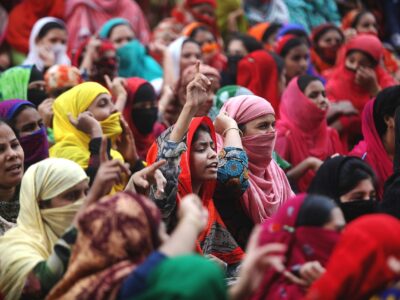Honduras faces UN Human Rights Committee case over abortion ban, violating indigenous woman Fausia’s rights; Center for Reproductive Rights and Centro de Derechos de la Mujer seek directive to amend legislative framework.
United Nations Human Rights Committee Seeks to Ensure Access to Abortion in Honduras.








Comments